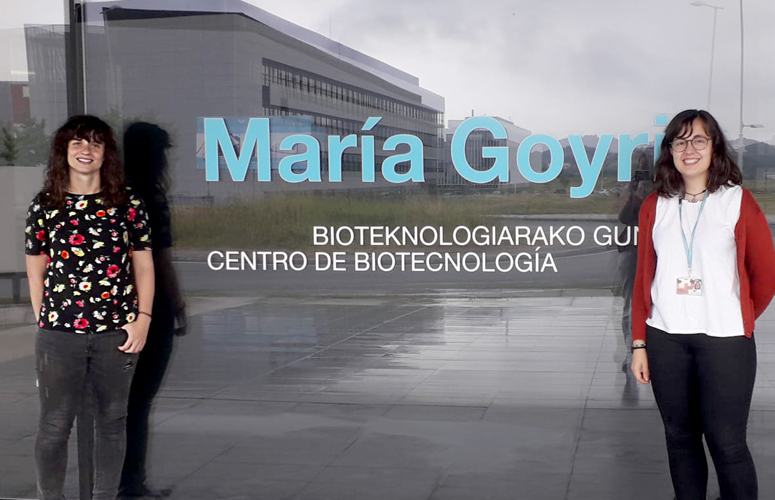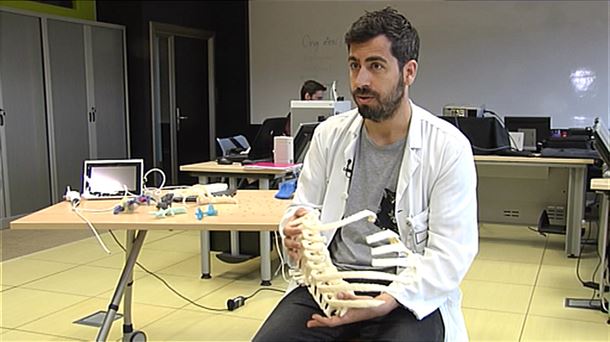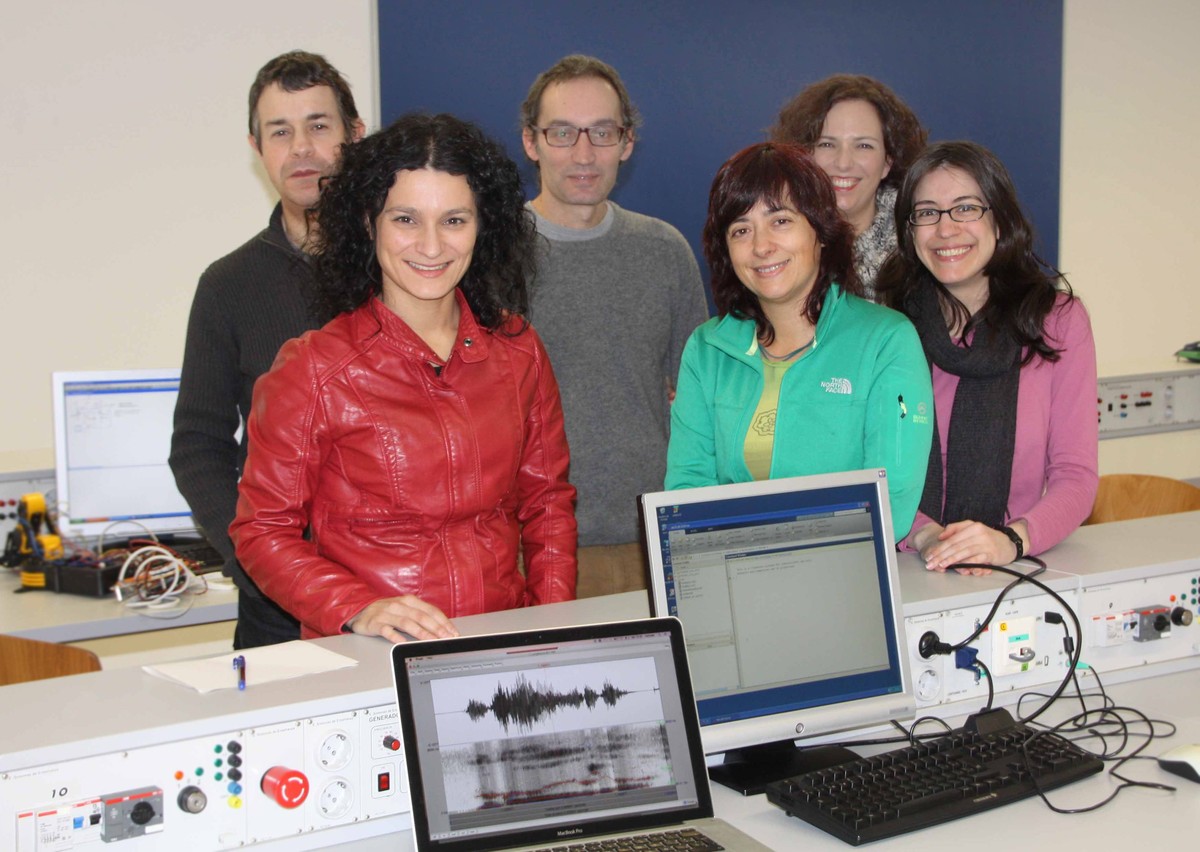They develop a noninvasive diagnostic method for eosinophilic esophagitis.
2023/09/05 Elhuyar Zientzia Iturria: Elhuyar aldizkaria

A team of researchers has developed a noninvasive method that will facilitate the diagnosis of eosinophilic esophagitis. These include researchers from Biodonostia, Ikerbasque and the UPV/EHU, whose work has been published in the journal Clinical Gastroenterology and Hepatology.
Eosinophilic esophagitis is characterized by chronic inflammation of the esophagus caused by the penetration of eosinophils in the mucosa and with swallowing difficulties. Although it is a rare disease, its prevalence is increasing. Until now, the diagnosis of this disease was made by studying biopsies taken at different points of the esophagus. Because this method is very uncomfortable, researchers have aimed to develop a noninvasive method.
To do this, since the oral mucosa is near the esophagus, biomarkers have been searched, since sampling is very simple. Specifically, 68 genes related to eosinophilic esophagitis have been selected and their activity has been studied in patients with active esophagitis, in the process of healing and with adequate health controls. And you've seen that of these 68 genes, 29 could be detected in mouth samples. After the tests performed with the patients, it is concluded that three of them are useful for the diagnosis of the disease in combination with clinical data, such as sex or the presence of atopathies.
Researchers have determined that the predictive capacity is 95%. They say that further work will be required in the future to validate the results obtained and if the use of this test allows differentiation of eosinophilic esophagitis from other esophageal diseases.

Gai honi buruzko eduki gehiago
Elhuyarrek garatutako teknologia





